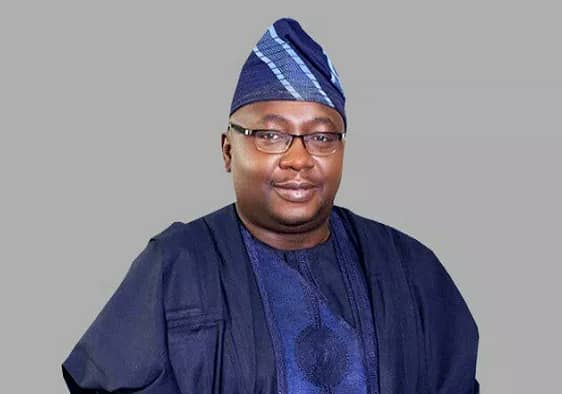By Charles Maduka
The 6th annual summit of the Education Writers’ Association of Nigeria (EWAN) will take place on 23 October 2024 at the Professor Tolu Odugbemi Hall, University of Lagos (UNILAG). The summit aims to address the electricity crisis affecting educational institutions, particularly the rising tariffs and unpaid bills that have led to conflicts between schools and electricity companies. The event will seek sustainable solutions to ensure that power shortages no longer disrupt academic activities.
The Minister of Power, Adebayo Adelabu, will deliver the keynote address on the theme, “High Tariffs: Solving the Electricity Crisis in Nigerian Schools.” His presentation will focus on addressing the high electricity costs and financial challenges faced by educational institutions across Nigeria.
The Executive Secretary of the Tertiary Education Trust Fund (TETFund), Sonny Echono, will present a paper titled, “Refocusing Support for Nigeria’s Tertiary Institutions.” This paper will explore how TETFund can shift its support from traditional infrastructure projects to technology-driven solutions that enhance the competitiveness of Nigerian schools.
The Minister of Education, Tahir Mamman, will chair the event, overseeing discussions and ensuring the focus remains on finding long-term solutions to the electricity challenges facing the education sector.
The Minister of Health, Prof. Mohammad Pate, will serve as the co-chair of the summit. His role will involve contributing to discussions on how electricity shortages are impacting not only education but also healthcare institutions, such as teaching hospitals.
Other notable guests in attendance will include Sanusi Garba, Chairman and CEO of the Nigerian Electricity Regulatory Commission (NERC), who will participate in discussions about the regulatory aspects of electricity supply to schools.
Dr Chris Maiyaki, Acting Executive Secretary of the National Universities Commission (NUC), will join the panel to discuss how Nigerian universities are managing the electricity crisis and its impact on academic performance.
Prof. Emem Bassey, Chairman of the Forum of Chief Managing Directors of Nigerian Teaching Hospitals, will provide insights into how the electricity crisis is affecting teaching hospitals, which are critical to public health.
Prof. Paulinus Ekwelle, Executive Secretary of the National Commission for Colleges of Education (NCCE), will also be a panellist, discussing the electricity challenges faced by colleges of education across the country.
Chief Sunday Oduntan, Managing Director of the Association of Nigerian Electricity Distributors (ANED), will address the concerns of electricity distribution companies and potential solutions for managing debts and improving service delivery.
Otunba Yomi Otubela, National President of the National Association of Proprietors of Private Schools (NAPPS), will provide the perspective of private schools, which are also struggling with high electricity bills and financial pressures.
The summit will also feature Prof. Kabiru Adeyemo, Chairman of the Committee of Vice-Chancellors and Registrars of Private Universities, who will discuss how private universities are coping with the electricity crisis.
Dr Aminu Maida, Executive Vice-Chairman of the Nigerian Communications Commission (NCC), will contribute his expertise to discussions on how technology-driven solutions can help schools adapt to global trends and overcome their electricity challenges.
The Chairman of EWAN, Mojeed Alabi, emphasised the urgency of addressing electricity debts in universities, noting that institutions such as Ahmadu Bello University (ABU) and Obafemi Awolowo University (OAU) are struggling with massive unpaid bills. He pointed out that some universities have faced repeated power disconnections, causing disruptions to academic activities.
According to him, “Universities across the country, from the University of Benin to the University of Nigeria and even the University of Lagos, are grappling with unresolved electricity bills.”
“At one point, ABU’s electricity debt exceeded N2 billion, and private institutions are not exempted. Babcock University recently reported a N300 million electricity bill for May alone.”
He warned that the crisis in teaching hospitals, which also face unpaid electricity debts, poses severe risks to public health. “The consequences of this crisis are devastating for education and healthcare, two critical sectors that Nigeria must prioritise,” Alabi stated.
The chairman noted that TETFund’s focus on technology-driven solutions is timely, as global education trends shift away from traditional infrastructure development. He emphasised the need for Nigeria’s education system to align with these trends to enhance competitiveness.
The summit will also discuss how tertiary institutions can adapt to evolving global standards and promote sustainable reforms. Dr Aminu Maida of the NCC will be among the experts contributing to these discussions.






Leave a Reply